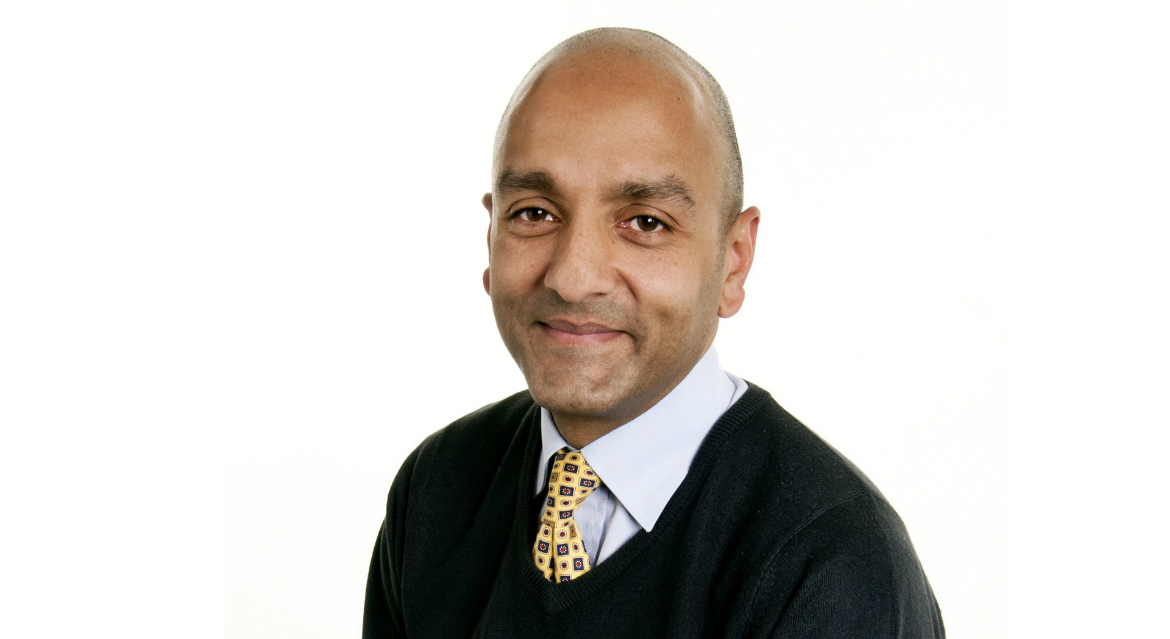Cardiovascular disease could be detected earlier in life, says professor
Published On Mon 1 Oct 2018 by Dominic Younger

One of the main causes of death and disability in the UK could be detected earlier in life, says Professor Faisel Khan, who will present current findings on cardiovascular disease to the public this week.
Cardiovascular disease (CVD) which is usually associated with the build-up of plaque in the arteries and increases the chance of blood clots, strokes, heart attack or angina could be prevented at an earlier age, says Professor Khan, ahead of his free public lecture.
“We know that people who present with cardiovascular disease tend to do so later in life, normally over the ages of 40 but we now know that major fundamental changes in the body occur long before clinical symptoms arise,” said Professor Khan.
“Most recent research has shown that the endothelium, the inner lining of our blood vessels, could be the key to understanding and beginning to prevent cardiovascular diseases from a very early age.
“We know that lifestyle changes such as diet and exercise can help prevent cardiovascular disease, but what is coming to light is that early nutrition, such as breastfeeding, and the use of fish oils and anti-oxidants can be used to improve longevity and limit the effects of cardiovascular diseases as they improve the function of the endothelium.”
Professor Khan will also discuss the current research taking place in the University’s Schools of Medicine and Life Sciences and will highlight daily steps that can be taken to help mitigate the impact of CVD.
The lecture, hosted by the British Science Association – Tayside & Fife Branch, takes place at the University’s Dalhousie Building at 7-8pm on Wednesday 3 October.
The talk is free for all to attend.
For media enquiries contact:
Dominic Glasgow
Media Relations Officer
University of Dundee
Nethergate, Dundee, DD1 4HN
Tel: +44 (0)1382 385131
Email: d.w.glasgow@dundee.ac.uk